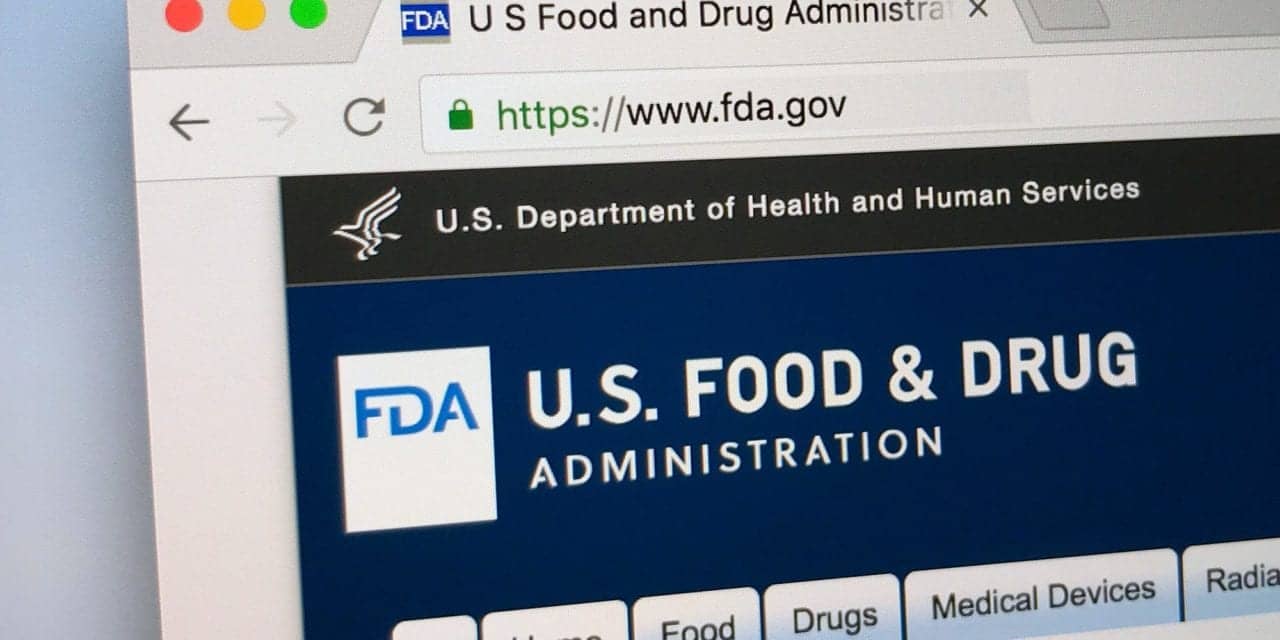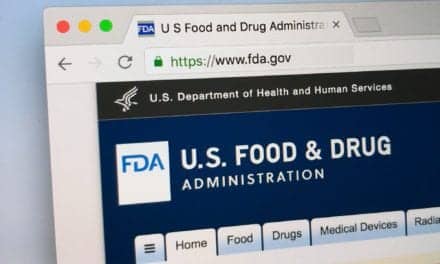An article published by the New York Times outlines how an FDA black box warning for the asthma drug Singulair (montelukast) did little to alert patients to its potential mental health side effects or to dissuade physicians from prescribing it.
The agency’s label, which was primarily aimed at doctors, was supposed to sound an alert about the 25-year-old medication, Singulair, also known by its generic name, montelukast. But it barely dented use: The drug was still prescribed to 12 million people in the United States in 2022.
In issuing the warning in March 2020, the FDA required pharmacists to hand out a medication guide and added the warning, with a thin black line as a border, to the drug label. The agency also sent a safety alert to email subscribers, flagged the warning to dozens of professional and patient groups, and published an article in a medical journal on its reasoning.
But it did not use its authority to require monitoring of side effects or the education of doctors. Rarely are approved drugs with known side effects fully barred from sale.
Children face the greatest risks of the drug’s ill effects, and while usage by minors did decline, it was still taken by 1.6 million of them — including Nicole Sims’ son. Sims had no idea why, at 6, her son started having nightmares and hallucinations of a woman in the window. When he told her that he wanted to die, Sims went online, desperate for answers.
Source: The New York Times
Read more at www.yahoo.com or the original article at www.nytimes.com










